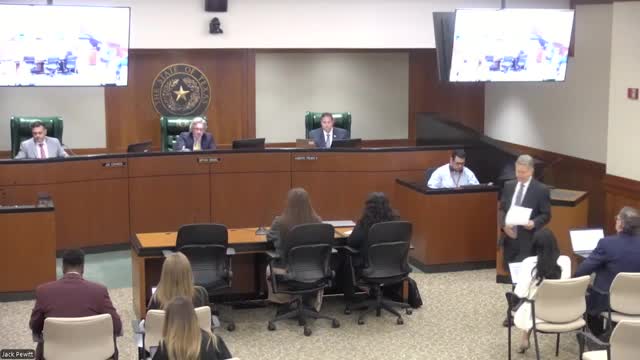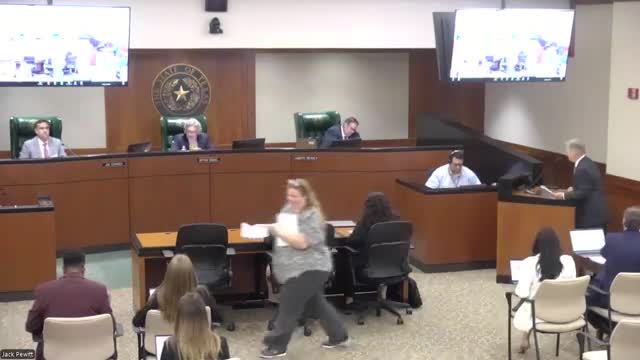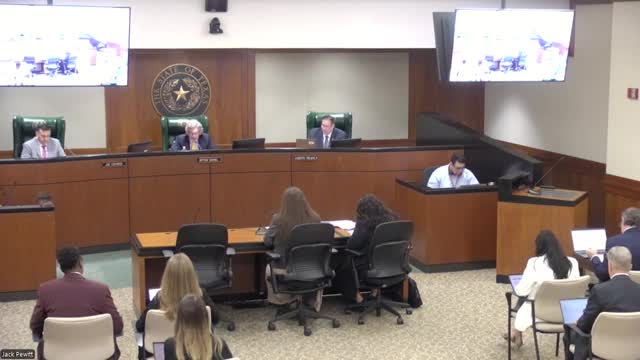Article not found
This article is no longer available. But don't worry—we've gathered other articles that discuss the same topic.

TWC dockets 15–17: commissioners accept staff recommendations for most cases; multiple pulled appeals were reheard, modified or resubmitted

Public commenters urge review of unemployment decision; commission votes to resubmit case 3793724

